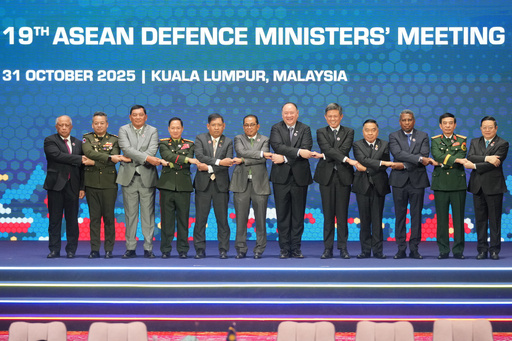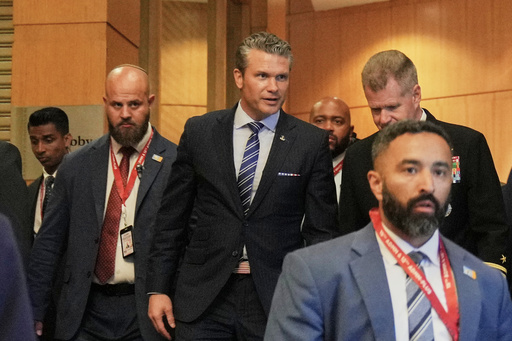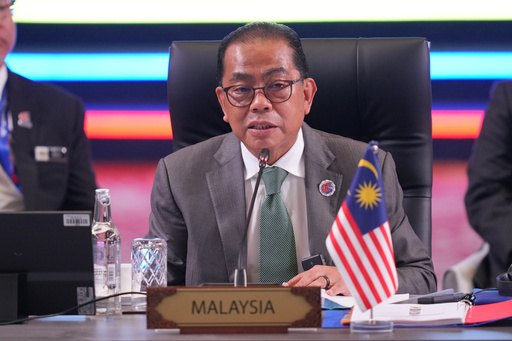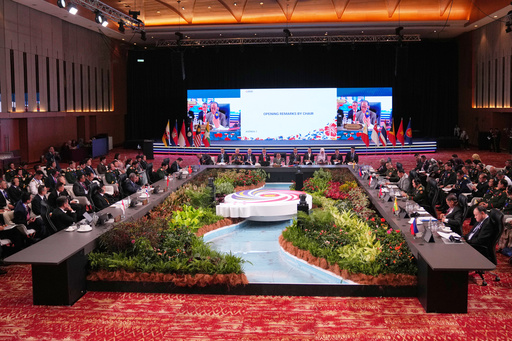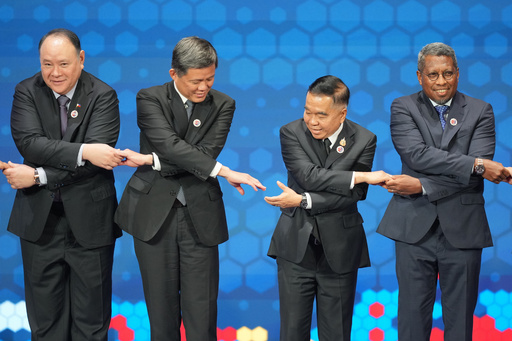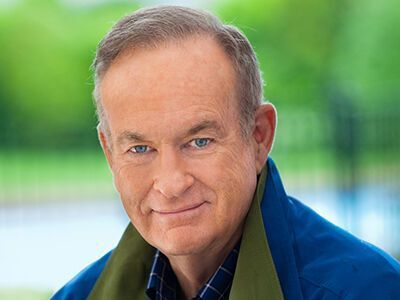US defense chief vows to 'stoutly defend' Indo-Pacific interests in talks with China
News > Politics & Government News

Audio By Carbonatix
9:00 PM on Thursday, October 30
By EILEEN NG
KUALA LUMPUR, Malaysia (AP) — The U.S. Secretary of Defense said Friday he told his Chinese counterpart during talks in Malaysia that Washington would “stoutly defend” its interests in the Indo-Pacific. He also signed a new agreement aimed at strengthening security ties with India.
Pete Hegseth described as “good and constructive” his meeting with Chinese Admiral Dong Jun, held on the sidelines of the Association of Southeast Asian Nations defense ministers meeting in Kuala Lumpur. He said he raised U.S. concerns over Chinese activities in the South China Sea, around Taiwan and toward U.S. allies and partners in the region.
“I highlighted the importance of maintaining a balance of power in the Indo-Pacific,” Hegseth wrote on social media platform X. “United States does not seek conflict (but) it will continue to stoutly defend its interests and ensure it has the capabilities in the region to do so.”
China's defense ministry issued a cautious response, emphasizing its longstanding positions. Dong Jun stressed the reunification of China and Taiwan is an “unstoppable historical trend” and urged the U.S. to be cautious in its words and actions on the Taiwan issue, the statement said.
“We hope the U.S. will translate its statements of not containing China and not seeking conflict into action, and work with China to inject positive energy into regional and global peace and security,” according to the statement.
Their meeting follows a Sept. 9 video call between Hegseth and Dong and reflects ongoing efforts to manage tensions in the Indo-Pacific even as strategic differences, particularly over Taiwan and freedom of navigation, remain pronounced.
Hegseth also met with India's Defense Minister Rajnath Singh, and they signed a 10-year defense framework aimed at expanding military and technological cooperation.
Washington has long sought to develop a deeper partnership with New Delhi, which is seen as a bulwark against China. India is a major defense partner of the U.S and has in recent years embedded advanced American jets, helicopters, missiles and military gear into its armed forces.
“This advances our defense partnership, a cornerstone for regional stability and deterrence,” Hegseth wrote on X. “Our defense ties have never been stronger.”
Singh said the U.S.-India partnership is crucial for ensuring a free, open and rules-based Indo-Pacific region. "It is a signal of our growing strategic convergence and will herald a new decade of partnership,” he said on X.
The framework agreement comes amid renewed strains in bilateral ties after President Donald Trump imposed a 50% import tariff on Indian goods in August and criticized New Delhi for continued purchase of discounted Russian oil. India is the second biggest buyer of Russian oil after China.
Hegseth also held talks with his Malaysian and Philippines counterparts.. He reaffirmed committment to maritime security in the South China Sea and said the U.S. would “work relentlessly to reestablish deterrence in the South China Sea.”
Malaysia has previously protested the encroachment of Chinese vessels into its waters but usually prefers quiet diplomacy. That’s in contrast to the neighboring Philippines, which has had major confrontations with China at sea in recent years. China claims virtually the entire South China Sea, overlapping claims made by countries including Malaysia, the Philippines, Vietnam and Taiwan.
Asked to comment about U.S. President Donald Trump's plans to restart nuclear weapon testing for the first time in three decades, Malaysian Defense Minister Mohamed Khaled Nordin told a news conference later Friday that ASEAN is a nuclear weapon free zone area and "we try to avoid anything that can bring great calamity to humankind.” He didn't elaborate.
ASEAN secretary-general Kao Kim Hourn separately said some ASEAN members may seek more details from Hegseth about U.S. nuclear testing at a planned ASEAN-U.S. meeting on Saturday.
“For the security and safety of the world, I think it’s important ... to bear in mind that the world should never see the use of another nuclear weapon," he said.
Trump made the comments Thursday on social media, saying it would be on an “equal basis” with Russia and China. There was no signs the U.S. would start detonating warheads, but Trump offered few details in what seemed to be a significant shift in U.S. policy.
ASEAN defense ministers will continue talks Saturday with dialogue partners including the United States, China, Japan, India, Australia, South Korea and Russia.
______
Rajesh Roy in New Delhi and Ken Moritsugu and Chen Shihuan in Beijing contributed to this report.
